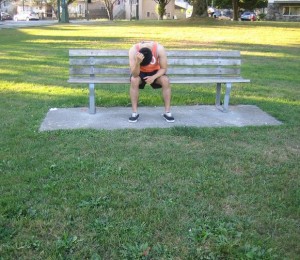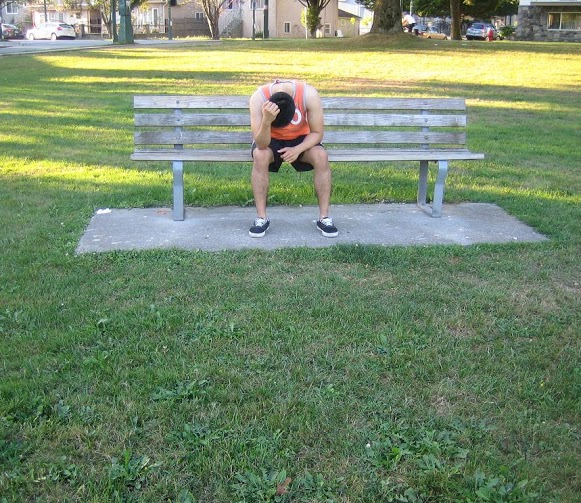A concussion is described as a mild traumatic injury of the brain that affects its functions. The indications of a concussion are categorized into 4 major groups – physical, emotional, cognitive and sleep-related.
Some of the symptoms are delayed and in some individuals, they can persist for weeks, months or even years. If the symptoms of a concussion last more than 3 months after sustaining an injury, it is called as a post-concussion syndrome.
Cognitive symptoms of a concussion
A concussion can affect the ability of an individual to think clearly. The usual delayed cognitive symptoms include the following:
- Learning difficulties
- Difficulty with concentration
- Difficulty in remembering or recalling things
Some individuals forget about conversations or recent events while others are quickly overwhelmed by problems they face. There is a general feeling of being sluggish or mentally foggy that can occur weeks and months after sustaining a concussion. Some become slow in answering questions and frequently repeat questions.
Physical symptoms
In most cases, recovery can take up to 3 months. Dizziness and headaches are the common physical symptoms after a concussion. Take note that it is not clear whether headaches that last for months after an injury are linked to the severity of a post-concussion syndrome or overuse of medication in an attempt to achieve relief.
The other delayed physical symptoms include the following:

- Balance problems
- Nausea and vomiting
- Poor coordination
The vision-related symptoms include double or blurry vision and light sensitivity. Some experience changes in their ability to detect odors or taste as well as with hearing.
Emotional changes
Individuals who are anxious, stressed or depressed before a concussion are likely to suffer post-concussion syndrome. Nervousness and irritability are among the emotions experienced.
Some also notice an overall feeling of sadness with indications of depression. Restlessness or frustration and being more emotional can also occur. In addition, aggression, impulsiveness or both can occur after an injury.
Disturbances with sleep
Many individuals experience a change in their sleeping patterns in weeks and months after sustaining an injury. This includes difficulty staying asleep, difficulty falling asleep or a change in the amount of sleep before the injury.
Drowsiness during daytime can also occur. Among those who have post-concussion syndrome, the disruptions in sleep can intensify issues with memory, mood, learning and attention.
Considerations to bear in mind
Close monitoring of the symptoms during the initial 24-48 hours after the injury is vital. Any new or worsening symptoms might indicate a serious injury. It is vital to seek medical care if one or more of these symptoms are present:
- Seizures
- Frequent episodes of vomiting
- Extreme drowsiness
- Weakness or inability to move a leg or arm
- Numbness
- Worsening headache
- Drooping of the face
- Severe agitation
- Neck pain

